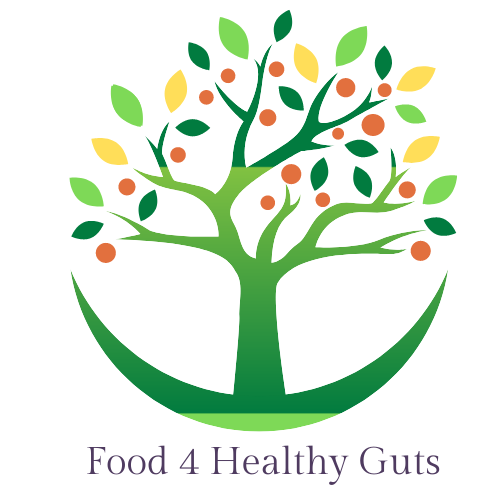Is high cholesterol bad?
My GP has informed me that my total cholesterol is high…
I wasn’t surprised, I have recently completed some nutrigenomics testing and I don’t convert cholesterol to bile very well.
I'm post-menopausal
I have IBS, and in my 30’s I was often anaemic
My GP was very busy and his only solution was to take statins.
The interesting thing about my test results was that my
Triglycerides are good
HDL serum is good
Total cholesterol / HDL is good
Triglyceride / HDL is excellent
So why do I need statins?
Is high cholesterol a problem?
What is cholesterol?
80% of cholesterol is made by the liver, it is a type of fat (lipid) and is present in all the cells of the body. Its functions are;
To produce sex hormones, oestrogen, progesterone and testosterone.
Support bile acid production which helps with digestion and absorption of fat-soluble vitamins and the production of vitamin D
Its crucial role is managing and making the cell membrane and supporting the immune system
Our body’s can’t function without it
What are healthy Levels?
A 1995 study reported that unless LDL is very high above 7.8 mmol, LDL on its own is not a good indication to determine the risk of heart disease (2)
Interestingly for people over 60 high LDL is not correlated with heart disease and may in fact be protective (2)
Other healthy cholesterol ratios are;
Triglyceride/HDL less than 1 is healthy, and above 4 is at risk (2)
Total cholesterol / HDL, less than 5 is healthy (4)
What are the root causes of high cholesterol?
Interestingly it isn’t just diet, and it isn’t a diet high in saturated fats
A 2015 study found that a high sugar and refined carbohydrate diet is associated with high cholesterol levels(4), and concluded that high sugar is more of a risk factor than saturated fats. High GI foods raise blood sugar and impact insulin resistance, obesity and type 2 diabetes which are also risk factors (1)
A thyroid disorder, this imbalance can lead to abnormal cholesterol levels in the blood (5)
Low B12 and folic acid is associated with altered lipid profile (6)
Stress and poor sleep. A 2017 study concluded that high levels of cortisol can cause higher levels of cholesterol (7)
For post-menopausal women, when our oestrogen levels drop, our cholesterol levels raise
A Sedentary lifestyle (1)
Chronic kidney disease (1)
What are healthy interventions?
Don’t be scared of saturated fats they include animal fats, dairy, coconut oil, grass-fed butter, olive oil and nuts.
Studies have shown that while some forms of saturated fats may slightly increase LDL, the protective HDL is also raised so there would be no real effect on the total cholesterol/HDL ratio (3).
Following a low carbohydrate high fibre diet means you don’t need to obsessively limit good quality, preferably grass-fed red meat (2).
Eating a low-carbohydrate diet with plenty of vegetables manages weight, blood sugar and improves insulin resistance, which is beneficial to cholesterol levels.
Oats(10) and other high-fibre foods (1) feed our microbiome by producing short-chain fatty acids (SCFA) and improving cholesterol levels (8)
Increasing levels of omega 3 are seen to lower triglycerides (9)
Severely limit or avoid sugar and processed foods (3)
Limit fructose (fruit) to one portion per day (3) Avoid fizzy drinks, particularly those which include high fructose corn syrup (HFCS) and sweeteners
Importantly lower stress, sleep more and exercise at least 150-300 mins of moderate exercise per week (2)
Can I help?
I appreciate that when a GP says you need to take statins it can be a scary thing to say no thank you.
We need to make our own decisions.
If you would like help changing your diet and lifestyle and understanding more about cholesterol then please contact me and book a complimentary 30-minute consultation
via my website
Jacxx
REF
(1) https://healthmatch.io/cholesterol/non-hdl-cholesterol#overview
(2) A statin free life, Aseem Malhotra, 2021, yellow kite.
(3) https://doi.org/10.1016/j.pcad.2015.11.006
(4) PMID: 8528755.
(5) https://doi.org/10.1001/jamainternmed.2013.12188
(6) https://doi.org/10.1186/s13148-015-0046-8
(7) doi: 10.1097/MD.0000000000006816
(8) https://doi.org/10.1152/ajpgi.00265.2013
(9) https://www.heartuk.org.uk/low-cholesterol-foods/omega-3-fats
(10) https://doi.org/10.3389/fnut.2019.00171
